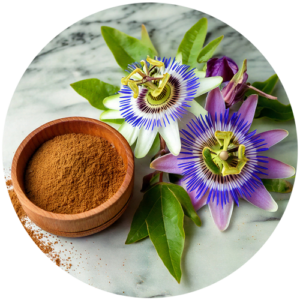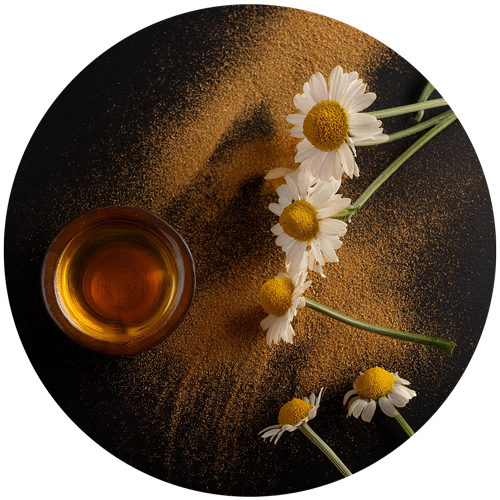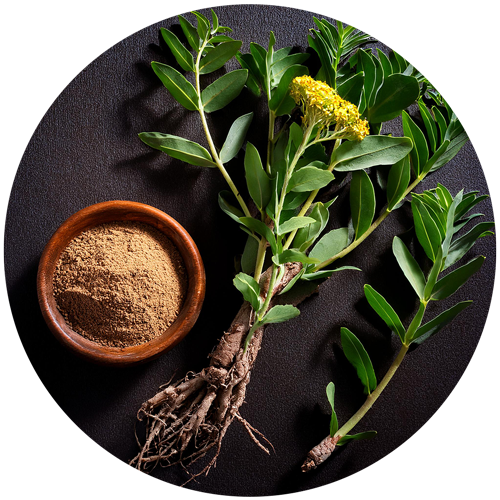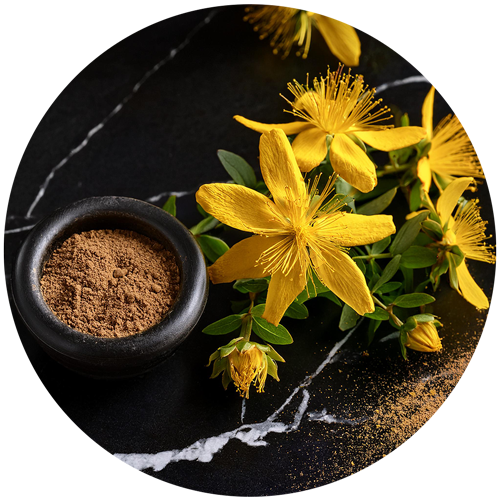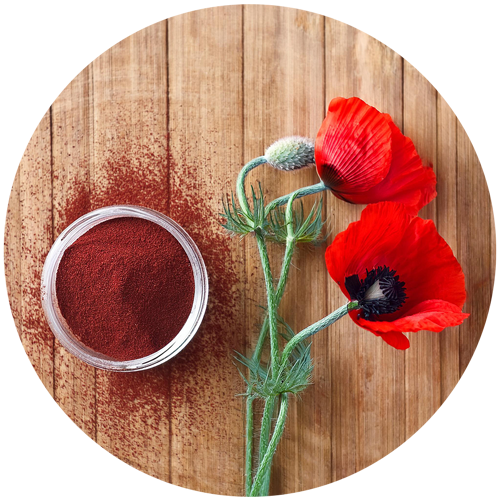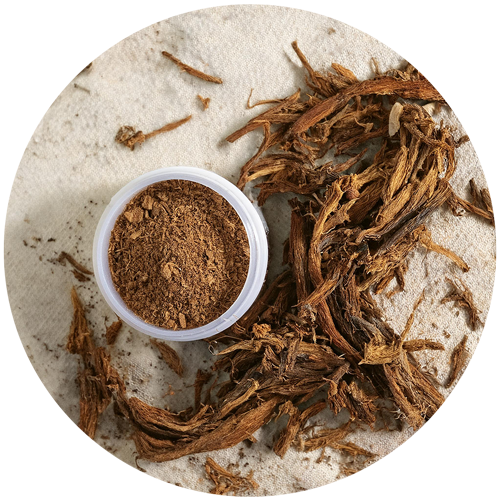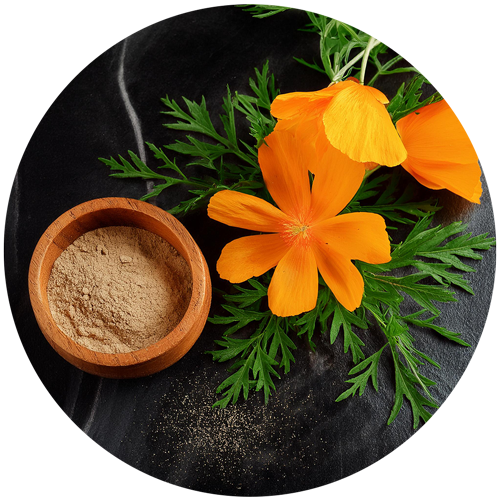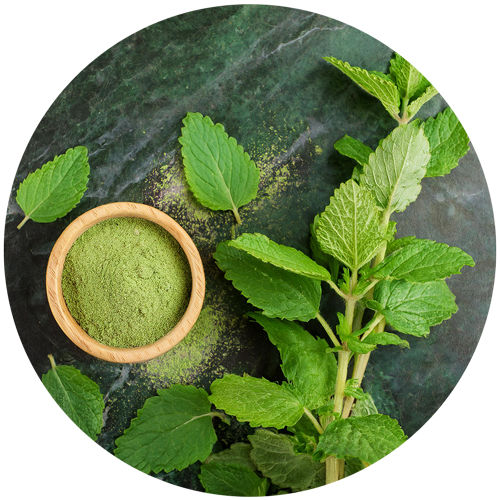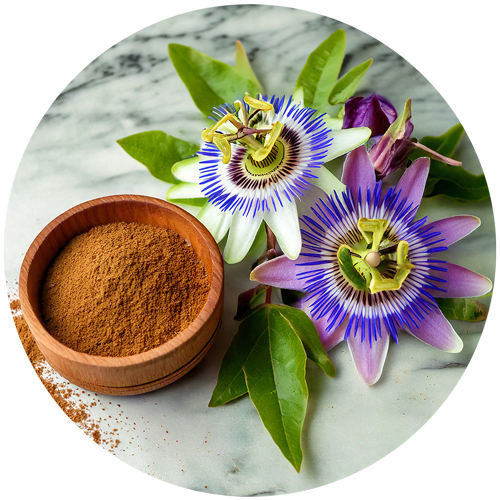

PASSIONFLOWER
Passiflora incarnata L. Sleep
Sleep  Anti-stress
Anti-stress Passionflower, Passiflora incarnata, rich in flavonoids and alkaloids, promotes relaxation, supports emotional balance and contributes to quality sleep.
Our references
Regulations
and analysis
Identification : TLC
Data on traditional use
Cahier de l’agence du médicament (France) :
-
Traditionally used to reduce nervousness in adults
-
Traditionally used to reduce nervousness in adults and children, particularly for sleep disorders.
EMA monograph :
- Traditionally used to relieve mild mental stress and aid sleep.
WHO monograph :
-
Used for sleep and nervous agitation
Canadian monograph :
-
Traditionally used to help sleep (in cases of agitation or insomnia due to mental stress).
German monograph :
- Used for nervous agitation
Association ideas by health benefice
Select one or more axes:
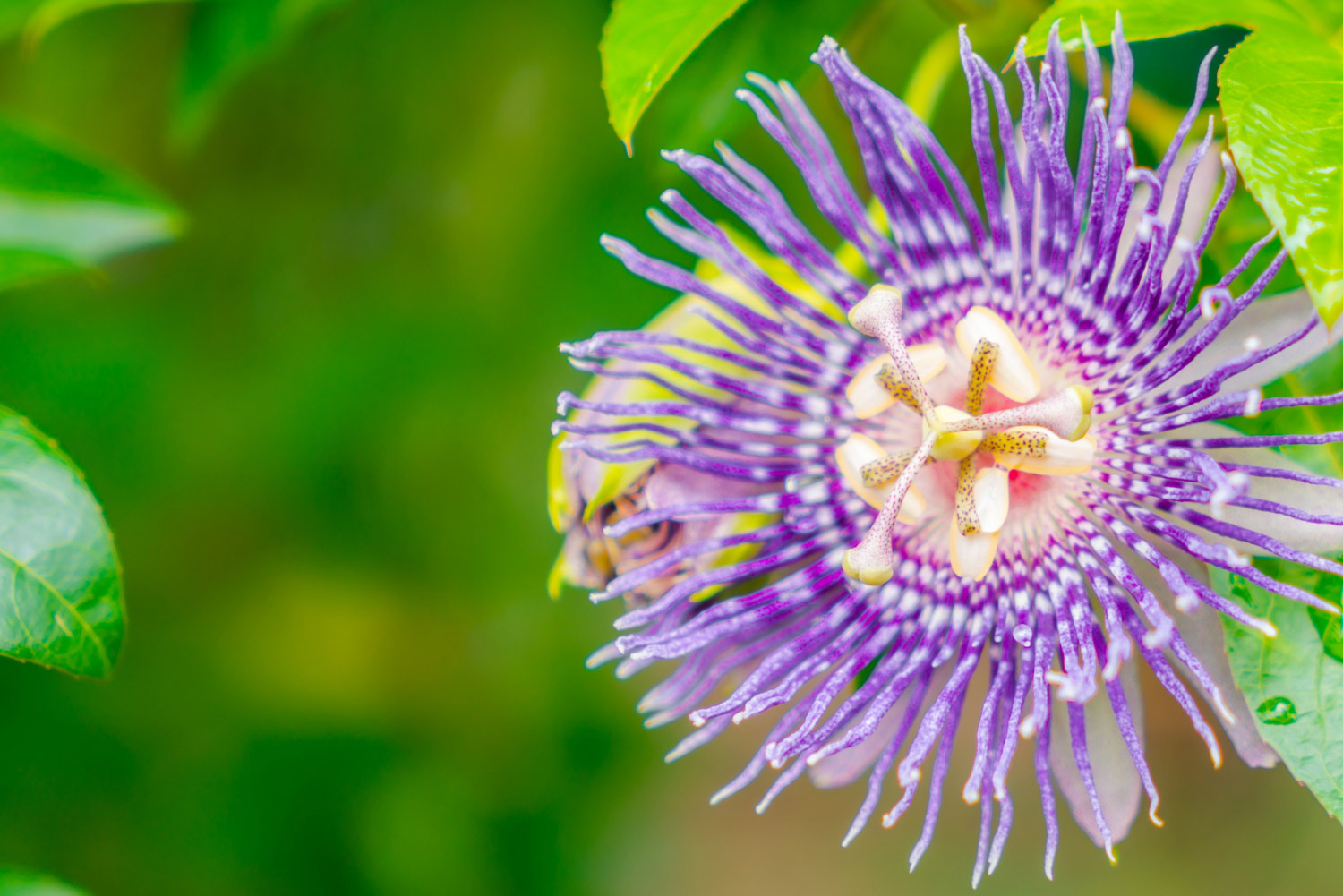
Detailed description
Passionflower, Passiflora incarnata, is a climbing plant in the Passifloraceae family, native to tropical and subtropical regions. It is found in particular on the American and European continents. Used in traditional medicine, it is recognized for its role in supporting mental and emotional well-being.
The aerial flowering parts of passionflower are rich in flavonoids such as vitexin, isovitexin and orientin, as well as harmanic alkaloids. These bioactive compounds act synergistically to support relaxation and promote natural emotional balance. Studies suggest that passionflower acts by modulating GABA receptors, contributing to a feeling of serenity.
Traditionally, it has been used to improve the quality of sleep, by promoting relaxation conducive to falling asleep without residual effects upon awakening. Its role in digestive well-being has also been explored, due to its soothing properties on the gastrointestinal system.
In addition, recent research highlights the antioxidant properties of passionflower extracts, which help protect cells against oxidative stress and support natural defense mechanisms.
